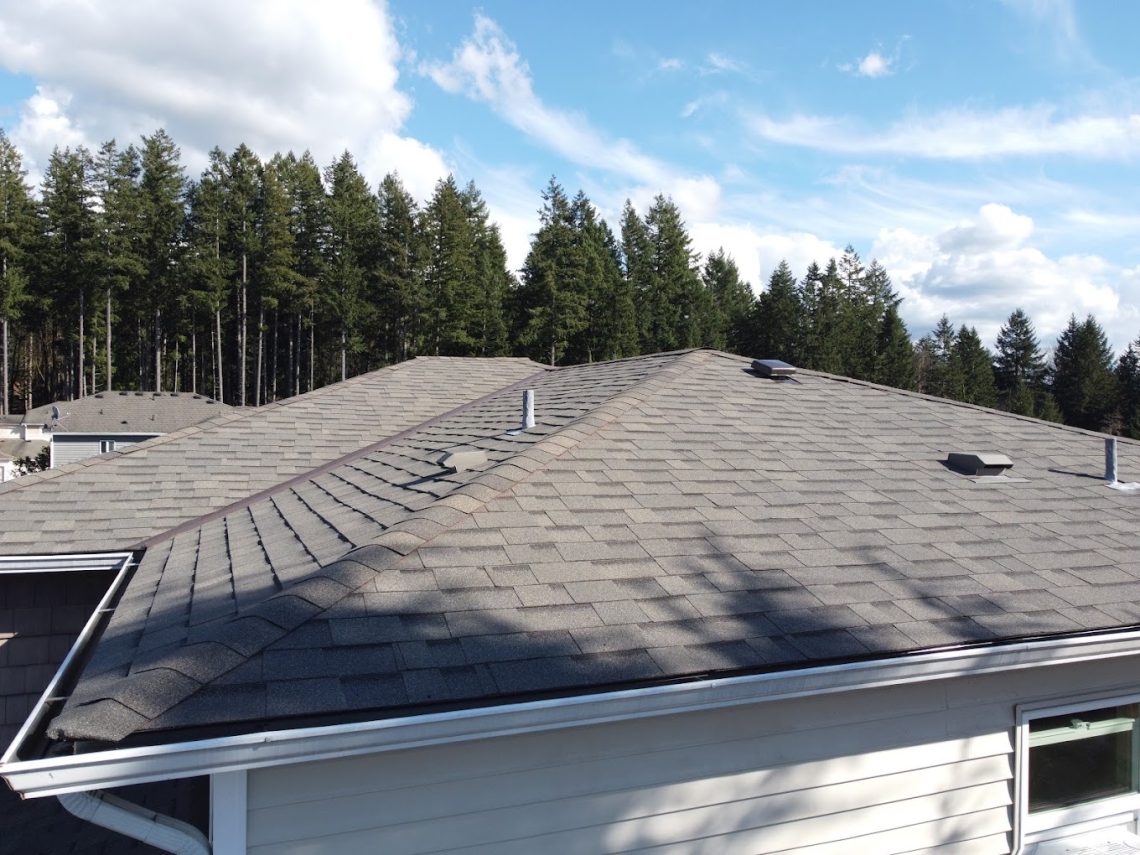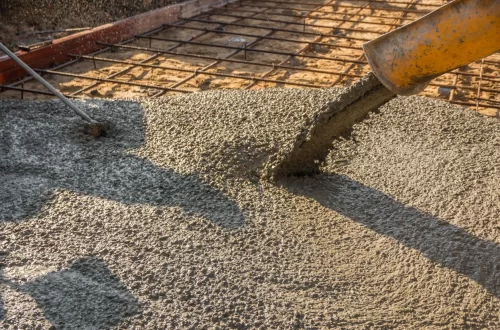For large-scale work such as replacing rooftops, city authorities require approvals before starting. These guidelines safeguard residents and confirm that projects follow established inspection procedures. With structured oversight, homeowners and contractors can avoid legal complications and future penalties. Reliable compliance also reduces risks linked to unsafe work practices and structural weaknesses. By knowing the details of required permits, every participant ensures smooth completion of their project. Consultation with local offices ensures that all stages are aligned with existing codes. Expert contractors specializing in roofing new orleans emphasize that successful work depends on following proper authorization procedures.
Permit Basics
- Local offices manage application approvals
- Rules specify standards for construction projects
- Clear guidelines ensure safe building practices
- Documentation required before starting tasks
- Permits validate compliance with safety rules
Basic requirements clarify how to start roofing replacement lawfully.
Application Process

- Forms available through city planning offices
- Applicants provide details of project scope
- Authorities verify submitted information thoroughly
- Fees applied depending on project category
- Review period varies with application size
Application steps allow proper review ensuring smoother approval outcomes.
Inspection Stages
- Inspectors evaluate ongoing project progress
- Officials confirm compliance with regulations
- Structural stability checked during assessments
- Records updated after each inspection
- Final approval issued when tasks finish
Inspection stages guarantee compliance with structured safety requirements.
Documentation Needs
- Detailed project plans must be submitted
- Ownership proof provided by applicant
- Contractor licenses checked for authenticity
- Insurance coverage details submitted clearly
- Previous compliance history reviewed carefully
Documentation creates accountability supporting transparency across construction processes.
Safety Standards
- Guidelines prevent unsafe construction practices
- Rules protect nearby community spaces
- Worker safety ensured during replacement tasks
- Structural durability checked for stability
- Regulations minimize hazards from projects
Safety standards maintain responsible practices during replacement projects consistently.
Local Regulations
- City bylaws control construction approvals
- Regional councils enforce compliance procedures
- Ordinances protect community infrastructure integrity
- Local codes outline specific project steps
- The roofing new orleans follows regional council guidelines
Local regulations ensure contractors respect established building authority rules.
Structured Compliance Guide
Permit requirements for roof replacement guarantee legal approval, safe practices, and project accountability. Every stage from applying to inspections ensures that community rules are respected. Contractors must handle paperwork responsibly while property owners confirm authorization before starting. Oversight from councils and offices secures stability, preventing legal issues and unsafe outcomes. Residents benefit when projects follow safety codes and documentation standards. Choosing certified contractors guarantees accuracy during applications and inspections. Clear rules allow construction tasks to progress smoothly without disruption. By following proper guidance, replacements are completed efficiently with community trust. The structured process protects both workers and residents, proving the value of regulated compliance during construction.






